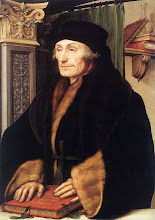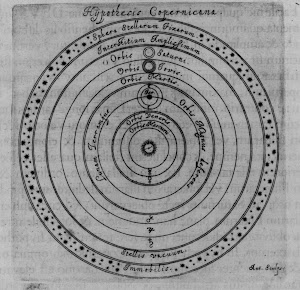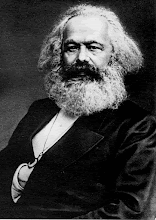
What arguments does Mary Wollstonecraft make on behalf of the rights of women? What contemporary trends in other aspects of 18th century life would have brought the condition of women into sharper focus as an essential topic of enlightened investigation and improvement? What might explain Wollstonecraft's relative failure to achieve her objectives in her own era? (p. 485)





























4 comments:
Mary Wollstonecraft argues that Enlightenment thinkers contradict themselves when they say it is wrong for monarchs to have so much power over their subjects, yet men have power over women. She also argues that women whom have reason are entitled to the same rights as men becuase the Enlightenment was based on an ideal of reason innate in all human beings.
Mary Wollstonecraft uses her intelligence and logic to argue the rights of women she say that Enlightenment thinkers contradict themselves when they say it is wrong for monarchs to have so much power over them, but they go and do the same thing to women men have to much power over women but they can’t see that it is the same thing that monarchs do. Mary Wollstonecraft also argues that women have the same right to reason as men to because the enlightenment was founded by ideal of reason.
Mary Wollstonecraft uses her intelligence and logic to argue the rights of women she says that Enlightenment thinkers contradict themselves when they say it is wrong for monarchs to have power over the woman. She failed in acheiving her own objectives back in her era due to the increase in male power which held her back from fufilling what she wanted to do.
Ok, so the boys pointed out the arguments Mary makes on behalf of womens rights, and I agree fully.
But to answer the question of her failure, Mary was preaching principles that were to early for her day. The whole patriarchal "I am man, let me beat on my chest like a monkey" gig was still the center of attention for males during that time, no one was really too eager about listening to women air out their opinions. Women weren't allowed to excell in learning as well as men and that ultimately defeated her purpose to show up the men. If women had more opportunities during that time, Wollstonecraft most likely would have succeeded.
Post a Comment